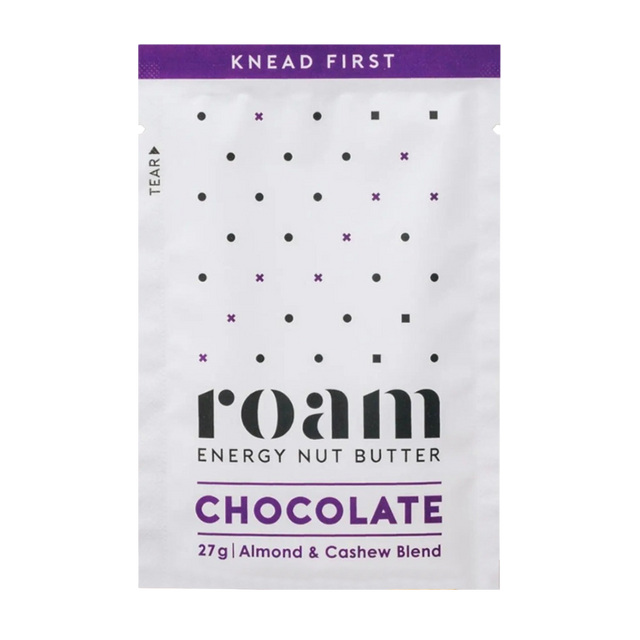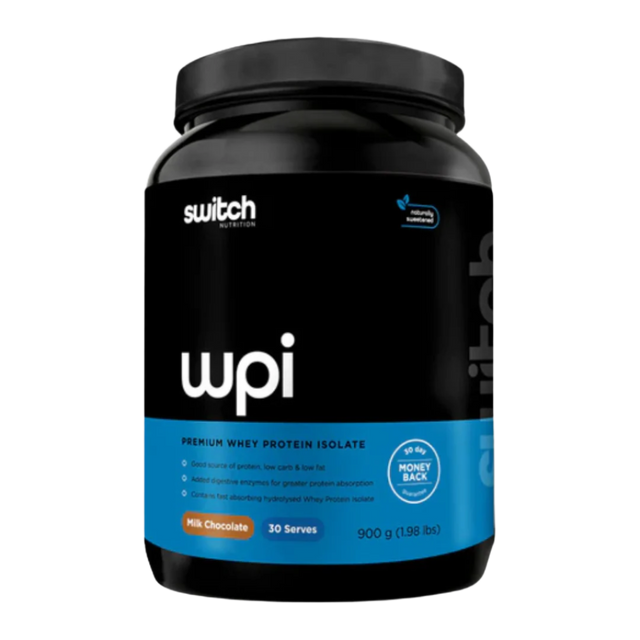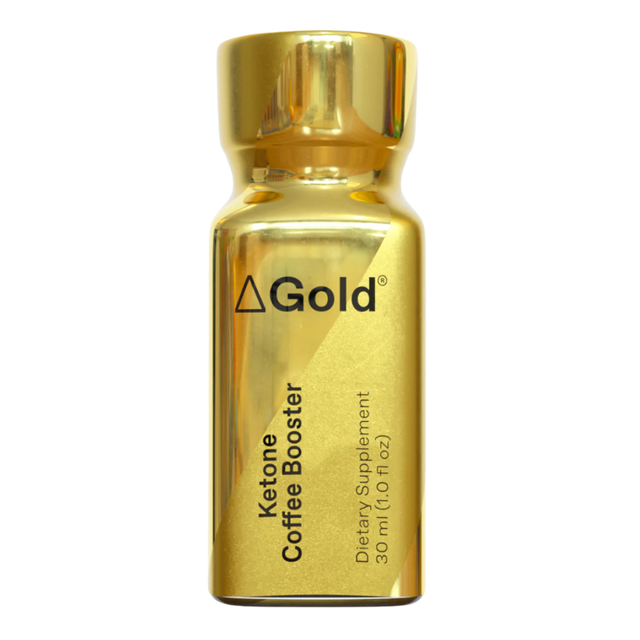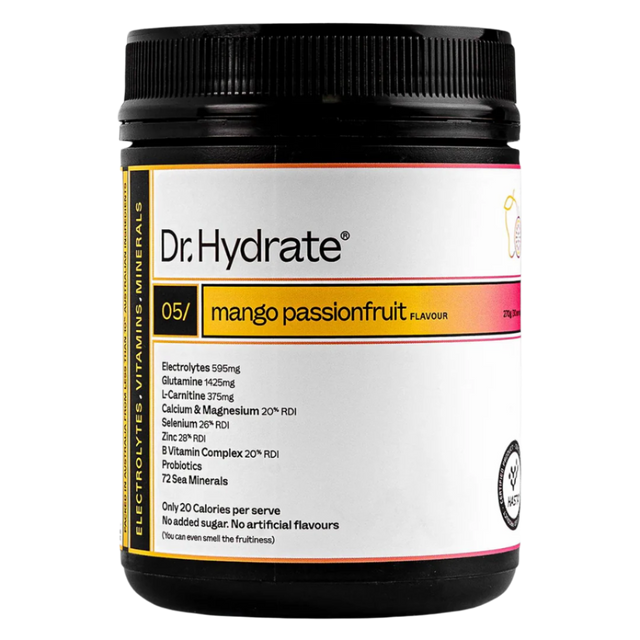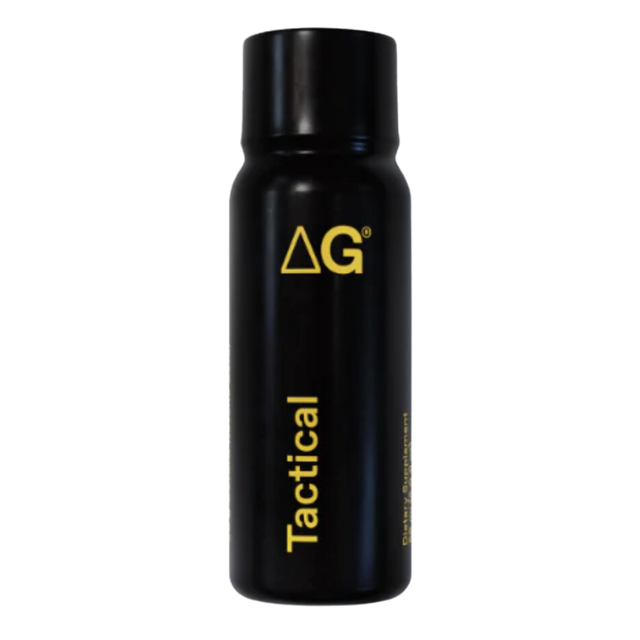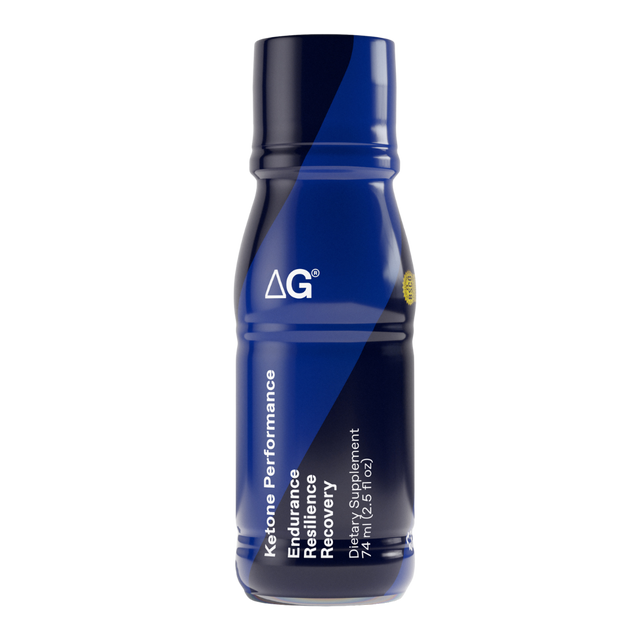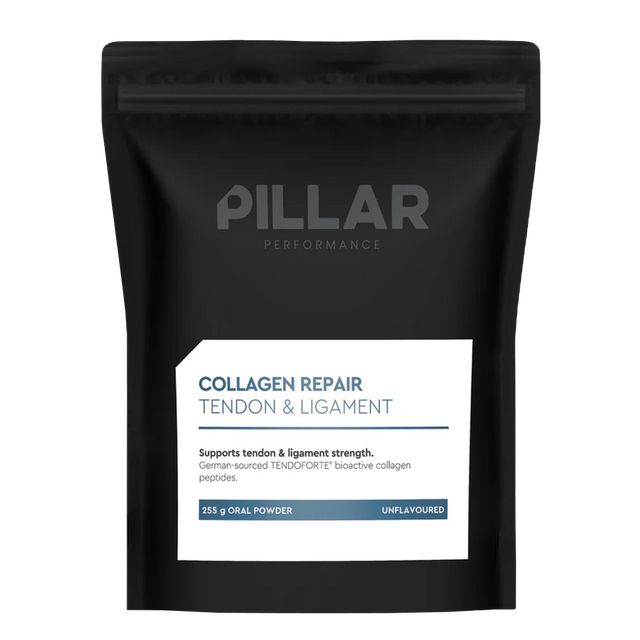What Should I Eat Before A Workout According To A Dietitian?
Why is it that figuring out what to eat before a workout often feels more like a hassle than a hype-up? Spoiler alert: this isn’t one of those 'here’s the perfect pre-workout meal' articles, because truth is, there’s no one-size-fits-all answer. But don’t worry, we’ve got your back. There are some smart guidelines you can follow to fuel up right, avoid that low-energy slump or gut grumble, and get the most out of your session. Here's some go-to pre-workout meals that take into account your current state to help you train strong and feel good doing it.
For Those Who Workout 2-3 Hours After a Main Meal
2-3 hours before your workout eat a meal that contains some protein and carbohydrates. There is no need to go excessively high in carbs at this meal as consumption of carbs greater than 120g before submaximal, steady-state exercise has been studied by nutritionists to blunt mitochondrial signalling (1). Portion sizes are going to change depending on your gender and physiology. Remember this meal should be low in fibre and the closer you are to the workout the simpler the carbohydrates should be. This could look like;
-
A bagel with cottage cheese and maple syrup (best when eating closer to your workout)
-
Oats with plain greek yoghurt and banana
-
Chicken, cheese, lettuce and mayo wrap
-
Smoothie with Roam nut butter, a banana, milk and low sugar granola
-
Lean beef mince with brown rice and roasted vegetables
-
Egg omelette with avocado and whole grain toast
For Those Who Workout First Thing In The Morning
If you are training first thing in the morning or have had longer than 2 hours before your last meal, have a snack that contains around 30g of carbohydrates with 15g of protein 30min - 1 hour before cardiovascular-type training. This snack should be around 200 calories (2).
Example 1
-
1/2 cup oats
+ 1/2 scoop of Switch Nutrition - WPI Switch
Example 2
Example 3
-
Coffee with whole milk
+ deltaG Gold Ketone Coffee Booster
In regards to hydration, slowly drink around 5–10 mL/ kg of body mass at least 2 hours before exercising (3). Add some electrolytes to your drink such as Dr. Hydrate All-In-One Drink if you are completing a training session in the heat or exercising over 1 hour.
For Those Recovering From Injury
-
Have a scoop of PILLAR Performance Collagen Repair 1 hour prior to strength training in addition to your pre-workout snack.
This has a combination of vitamin C and collagen peptides to assist injury prevention, tissue repair, bone healing and force development in lower limbs (4,5,6).
For Those Looking To Maximise Fuel Sources
-
Consume 1/2 bottle deltaG tactile or deltaG performance 20 minutes before a workout/race in addition to your pre-workout snack (7,8,9,10).
For exercise over an hour, have ½ a bottle every subsequent hour with carbs.
For Those Want To Maximise Fat Oxidation
By reducing the availability of carbohydrates in our blood stream by exercising in a fasted state we can increase the activation of key signalling proteins to allow for higher levels of fat oxidation (11,12). To be considered fasted you should refrain from large amounts of carbohydrates for at least 4 hours prior to training to have an impact on substrate utilisation (12).
-
Black coffee with Roam nut butter
For Those Who Love Coffee
The main benefit of caffeine consumption is its effects on the central nervous system and reduced perception of effort or fatigue. A standard coffee contains around 120mg of caffeine and therefore a double shot of coffee would be required for a 70kg person to see a performance enhancement (13). Read more about caffeine in sport nutrition here.
-
Have a coffee if you enjoy it before a workout as an ergogenic aid.
Ash Miller
Dietitian and Nutritionist (Masters)
Bachelor of Physical and Health Education
Instagram: @ashthomo_nutrition
Disclaimer:
The content in this blog is for general information only and is not a substitute for professional medical advice, diagnosis, or treatment. Always speak with your doctor or allied health team before changing your diet, exercise, or taking supplements, especially if you have a health condition or take medication. Please use this information as a guide only. Aid Station doesn't take responsibility for individual outcomes.
References:
1. Rothschild JA, Kilding AE, Plews DJ. What Should I Eat before Exercise? Pre-Exercise Nutrition and the Response to Endurance Exercise: Current Prospective and Future Directions. Nutrients. 2020 Nov 12;12(11):3473. doi: 10.3390/nu12113473. PMID: 33198277; PMCID: PMC7696145.
2. Sports Dietitians Australia, Pre-exercise fuelling, available from;https://www.sportsdietitians.com.au/wp-content/uploads/2020/07/Pre-exercise-Fuelling.pdf, accessed on 17th Feb 2025.
3. Surapongchai J, Saengsirisuwan V, Rollo I, Randell RK, Nithitsuttibuta K, Sainiyom P, Leow CHW, Lee JKW. Hydration Status, Fluid Intake, Sweat Rate, and Sweat Sodium Concentration in Recreational Tropical Native Runners. Nutrients. 2021 Apr 20;13(4):1374. doi: 10.3390/nu13041374. PMID: 33923890; PMCID: PMC8072971.
4. Shaw G, Lee-Barthel A, Ross ML, Wang B, Baar K. Vitamin C-enriched gelatin supplementation before intermittent activity augments collagen synthesis. Am J Clin Nutr. 2017 Jan;105(1):136-143. doi: 10.3945/ajcn.116.138594. Epub 2016 Nov 16. PMID: 27852613; PMCID: PMC5183725.
5. DePhillipo NN, Aman ZS, Kennedy MI, Begley JP, Moatshe G, LaPrade RF. Efficacy of Vitamin C Supplementation on Collagen Synthesis and Oxidative Stress After Musculoskeletal Injuries: A Systematic Review. Orthop J Sports Med. 2018 Oct 25;6(10):2325967118804544. doi: 10.1177/2325967118804544. PMID: 30386805; PMCID: PMC6204628.
6. Lis DM, Baar K. Effects of Different Vitamin C-Enriched Collagen Derivatives on Collagen Synthesis. Int J Sport Nutr Exerc Metab. 2019 Sep
7. Newman JC, Verdin E. β-hydroxybutyrate: much more than a metabolite. Diabetes Res Clin Pract. 2014 Nov;106(2):173-81. doi: 10.1016/j.diabres.2014.08.009. Epub 2014 Aug 19. PMID: 25193333; PMCID: PMC4414487.
8. BRADY, AIDAN J.1,2; EGAN, BRENDAN1,3,4. Acute Ingestion of a Ketone Monoester without Co-ingestion of Carbohydrate Improves Running Economy in Male Endurance Runners. Medicine & Science in Sports & Exercise 56(1):p 134-142, January 2024. | DOI: 10.1249/MSS.0000000000003278
9. Lincoln BC, Des Rosiers C, Brunengraber H. Metabolism of S-3-hydroxybutyrate in the perfused rat liver. Arch Biochem Biophys. 1987; 259:149-56.
10. Poffé C, Ramaekers M, Van Thienen R, Hespel P. Ketone ester supplementation blunts overreaching symptoms during endurance training overload. J Physiol. 2019 Jun;597(12):3009-3027. doi: 10.1113/JP277831. Epub 2019 May 22. PMID: 31039280; PMCID: PMC6851819.
11. Hawley J.A., Morton J.P. Ramping up the signal: Promoting endurance training adaptation in skeletal muscle by nutritional manipulation. Clin. Exp. Pharmacol. Physiol. 2014;41:608–613. doi: 10.1111/1440-1681.12246.
12. Rothschild JA, Kilding AE, Plews DJ. What Should I Eat before Exercise? Pre-Exercise Nutrition and the Response to Endurance Exercise: Current Prospective and Future Directions. Nutrients. 2020 Nov 12;12(11):3473. doi: 10.3390/nu12113473. PMID: 33198277; PMCID: PMC7696145.
13. Goldstein, E.R., Ziegenfuss, T., Kalman, D. et al. International society of sports nutrition position stand: caffeine and performance. J Int Soc Sports Nutr 7, 5 (2010). https://doi.org/10.1186/1550-2783-7-5

